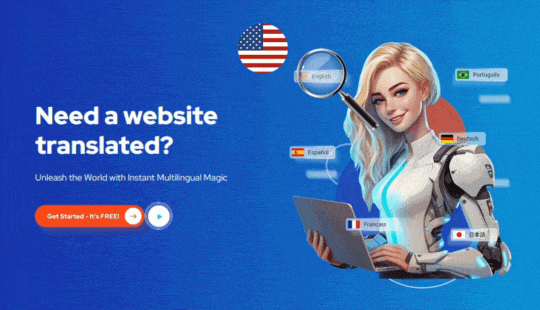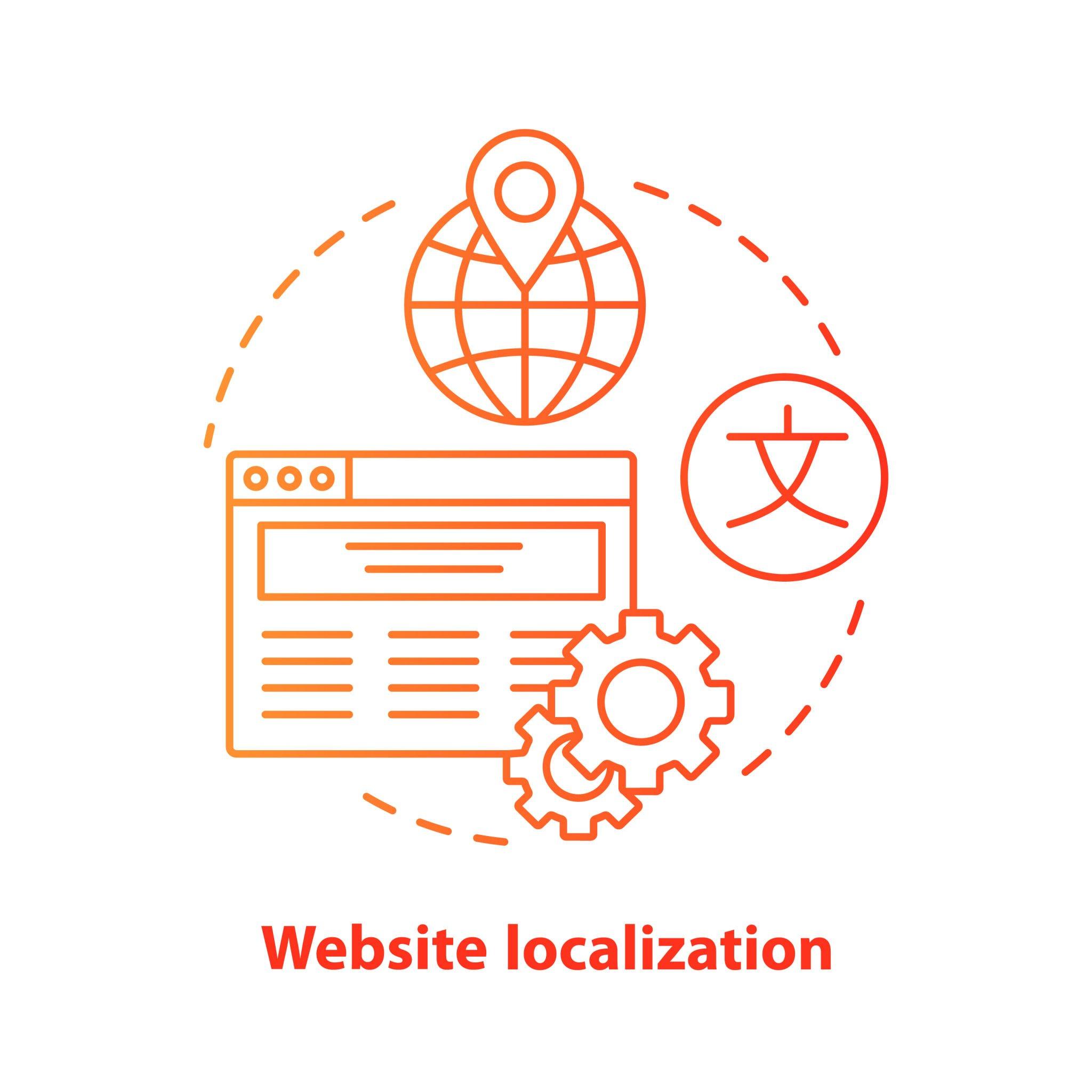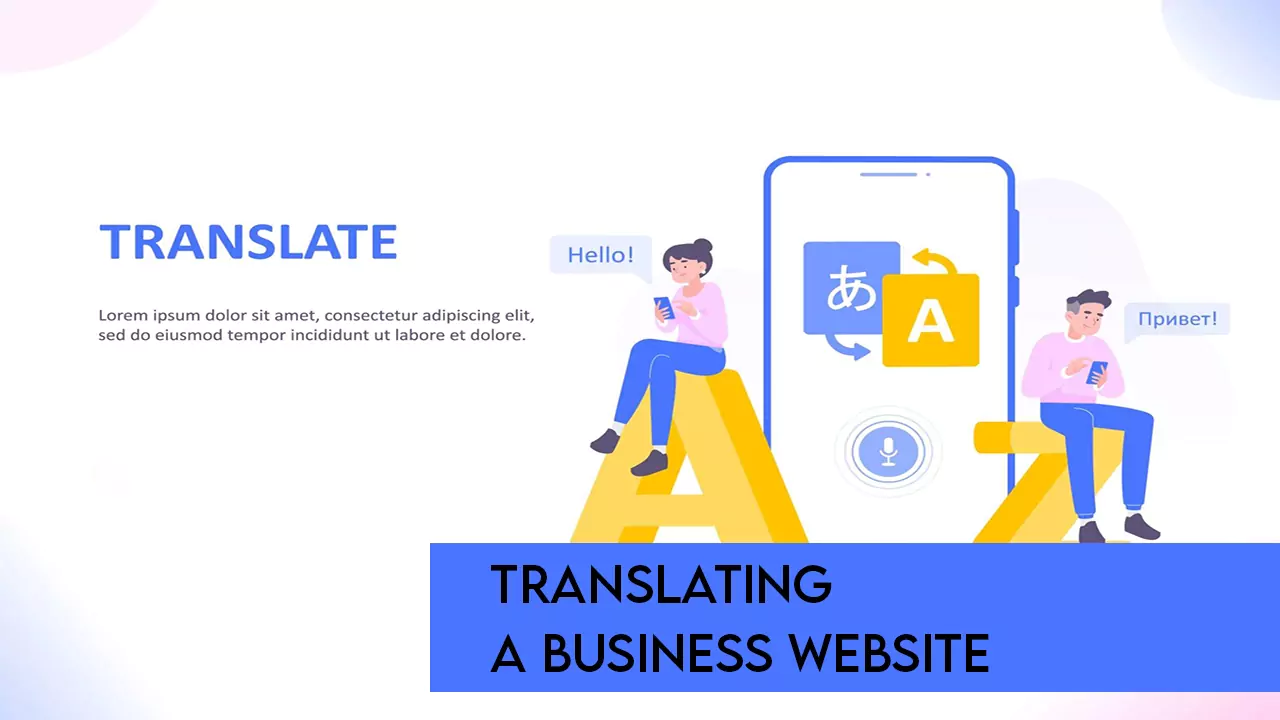
If you are considering expanding your business’ global reach, website translation is an essential step. Making your website content available in multiple languages can help open up new markets and provide more opportunities for success. But how do you go about translating the content on your website? Let’s take a look at the best way to translate your business website.
Importance of Professional Translation Services
The most important thing to remember when translating your business website is that professional translation services are always the way to go.
Not only will a professional translator be able to convert your content into another language accurately, but they can also ensure that your message and tone remain consistent throughout all translations.
This is especially important if you have a specific branding message or style guide that needs to be adhered to when creating content for different markets.
Professional translators understand the nuances of different languages and cultures, so they know how to make sure that the meaning behind your words remains intact in all translations.
Five Key Advantages
Translating Your Website to Reach New Audiences
If you’re a business owner or webmaster, you may already be aware of the importance of website translation. After all, translating your website is one of the most effective ways to reach new audiences and expand your customer base. But what are the actual benefits of website translation? Today, we’ll be exploring five key advantages that come with translating your website into other languages.
1. Increased Visibility in Search Engines
When you translate your website into multiple languages, search engines will recognize it as having more content than before. This can help give your site a boost in SERPs (Search Engine Results Pages), increasing visibility and driving more organic traffic to your site. It’s important to note that this only works if translations are done accurately and professionally—poorly translated websites could end up hurting rather than helping your rankings!

2. Improved User Experience for Non-Native Speakers
By translating your website into different languages, you can ensure that non-native speakers have access to all the same information as native English speakers. This helps create an inclusive online experience for users from all backgrounds and cultures and drives engagement with potential customers who might not have been able to access or understand your content before.
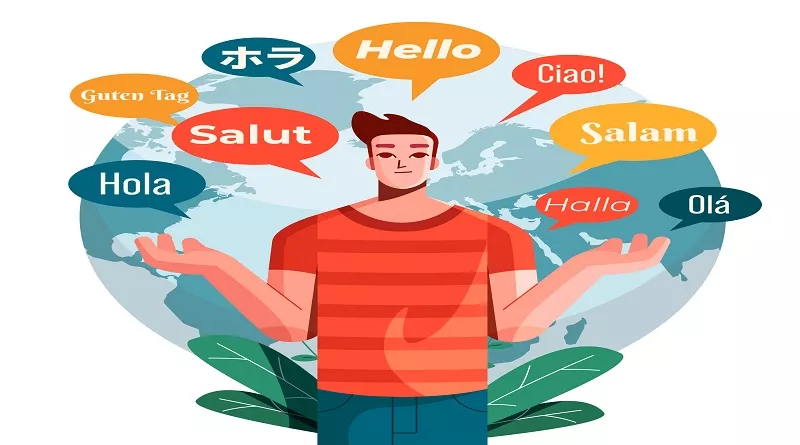
3. Better Understanding of Target Markets and Audiences
Translating your website also allows you to better understand the target markets and audiences you want to reach. By using professional translators who are native speakers of certain languages, you can get insight into how people in different countries interact with each other, how they use language, and how they think about certain topics or products—all invaluable information when it comes to understanding local markets!
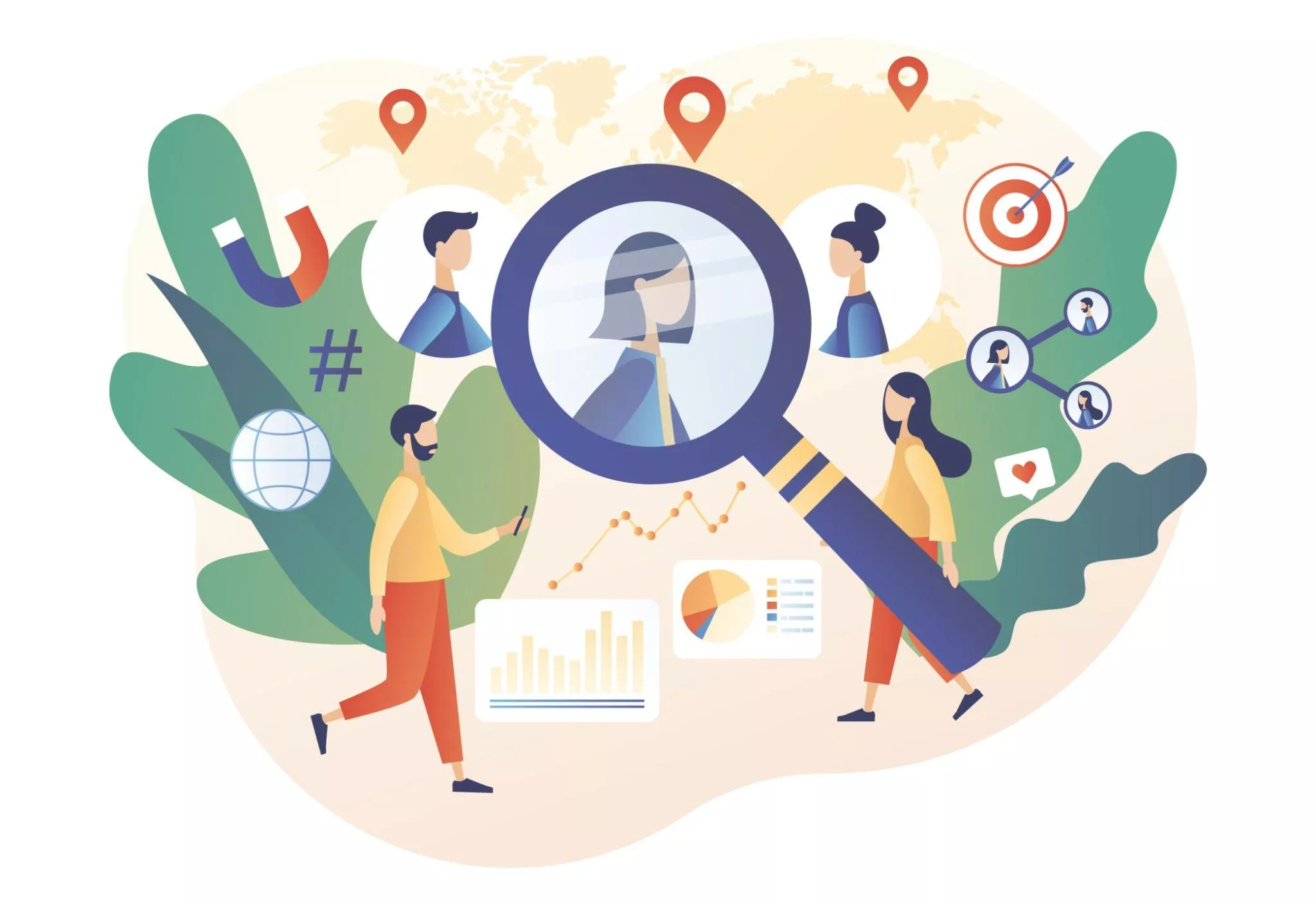
4. Accessibility for Customers Who Don’t Speak English
Not everyone speaks English as their first language—and some people don’t speak it at all! In order to reach these customers, providing them with a localized version of your website is essential; if they can’t understand what they’re reading on your site, chances are they won’t stay long enough to make a purchase or sign up for services. Translating into other languages ensures everyone has equal access to information about what you offer and how it can benefit them!
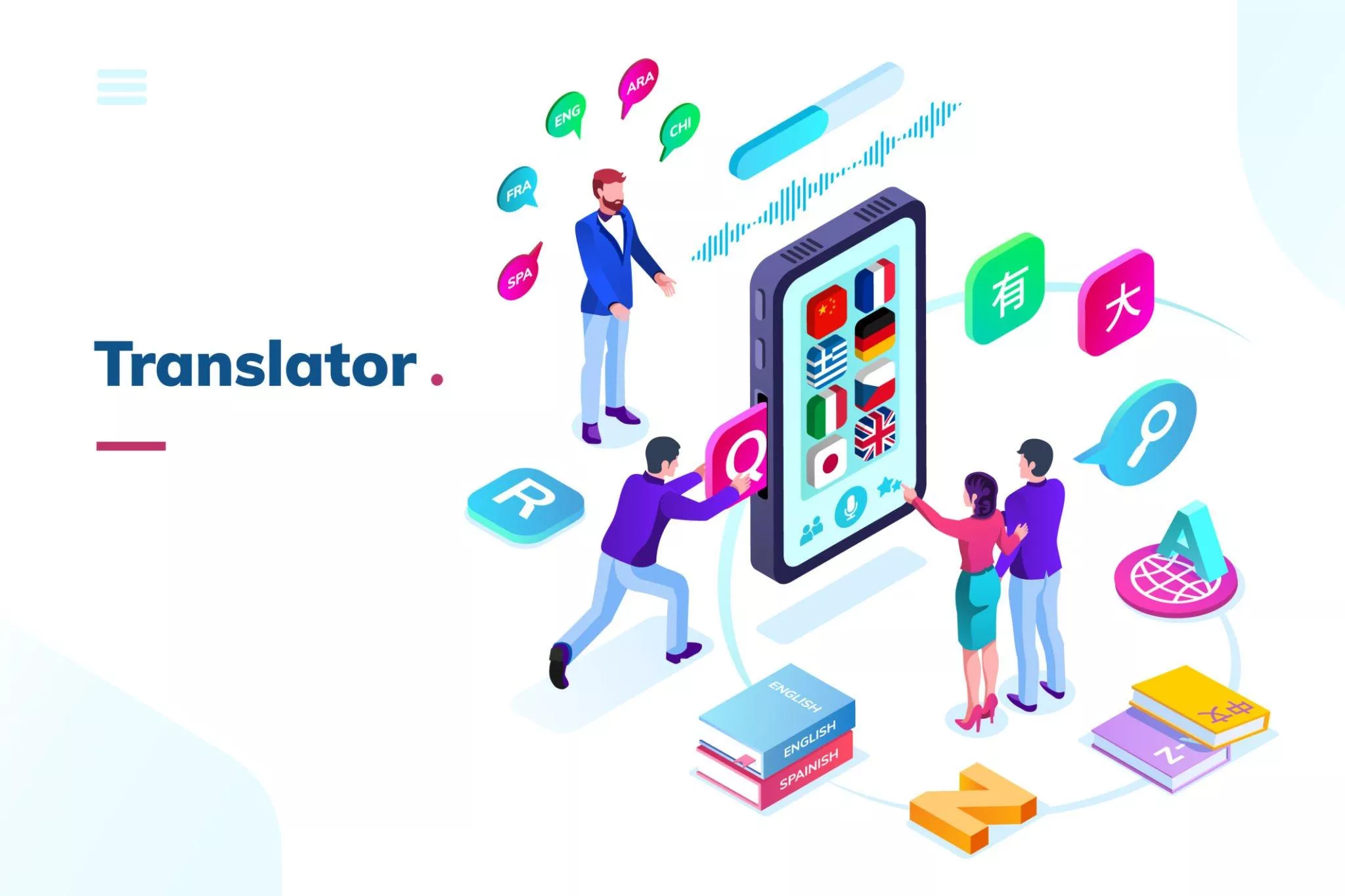
5. Boosted Credibility & Trustworthiness
By translating a website into multiple languages, businesses demonstrate their commitment to global accessibility and understanding—which goes a long way towards building trust with potential customers from around the world! When customers see that a business has taken the time and effort to make sure its message is accessible across cultures, they will be more likely to support them over competitors who haven’t made such efforts.

To Sum Up
In short, if you’re looking for ways to expand your customer base while also demonstrating respect for diversity & inclusion, translating your website may be just what you need!
With professional translation services from Metric Marketing, we can ensure that any translations are done accurately so that users from around the world have equal access to information about what you offer and how it can benefit them!
Get started today by requesting a free quote from our experienced team!
Website Localization
In addition to translation, website localization is also an important part of making sure that your content resonates with audiences in other countries and cultures.
Localization involves not only translating text into other languages, but also adapting images, videos, and other multimedia elements as well as changing currency symbols and formatting dates correctly for each culture.
It’s important to note that localization isn’t just about changing words; it’s about understanding cultural norms and making sure that everything from colors used in design elements to choice of fonts reflects those norms appropriately.
Translation Tools

While professional translation services are always preferable when translating a business website, many tools are still designed to make the process easier.
Automated translation tools such as Google Translate can help you quickly convert large amounts of text without hiring a human translator—but remember that machine-translated text is often less accurate than text translated by a human expert.
Additionally, many automated tools don’t consider cultural nuances or subtle differences between languages; this means they may not always deliver translations that sound natural or make sense within their intended context.
It’s best practice to use these tools as an initial step towards getting started with the translation process, then have them reviewed by a professional translator before publishing them on your site.
Conclusion
Translating a business website can be intimidating, but it doesn’t have to be! By taking advantage of professional translation services and utilizing automated tools wisely, you can ensure that all versions of your site will convey your message clearly and accurately no matter what language they’re written in.
With proper planning and research ahead of time, you’ll be able to create compelling content for any market you decide to enter—allowing you to expand your business’s reach even further than before!
